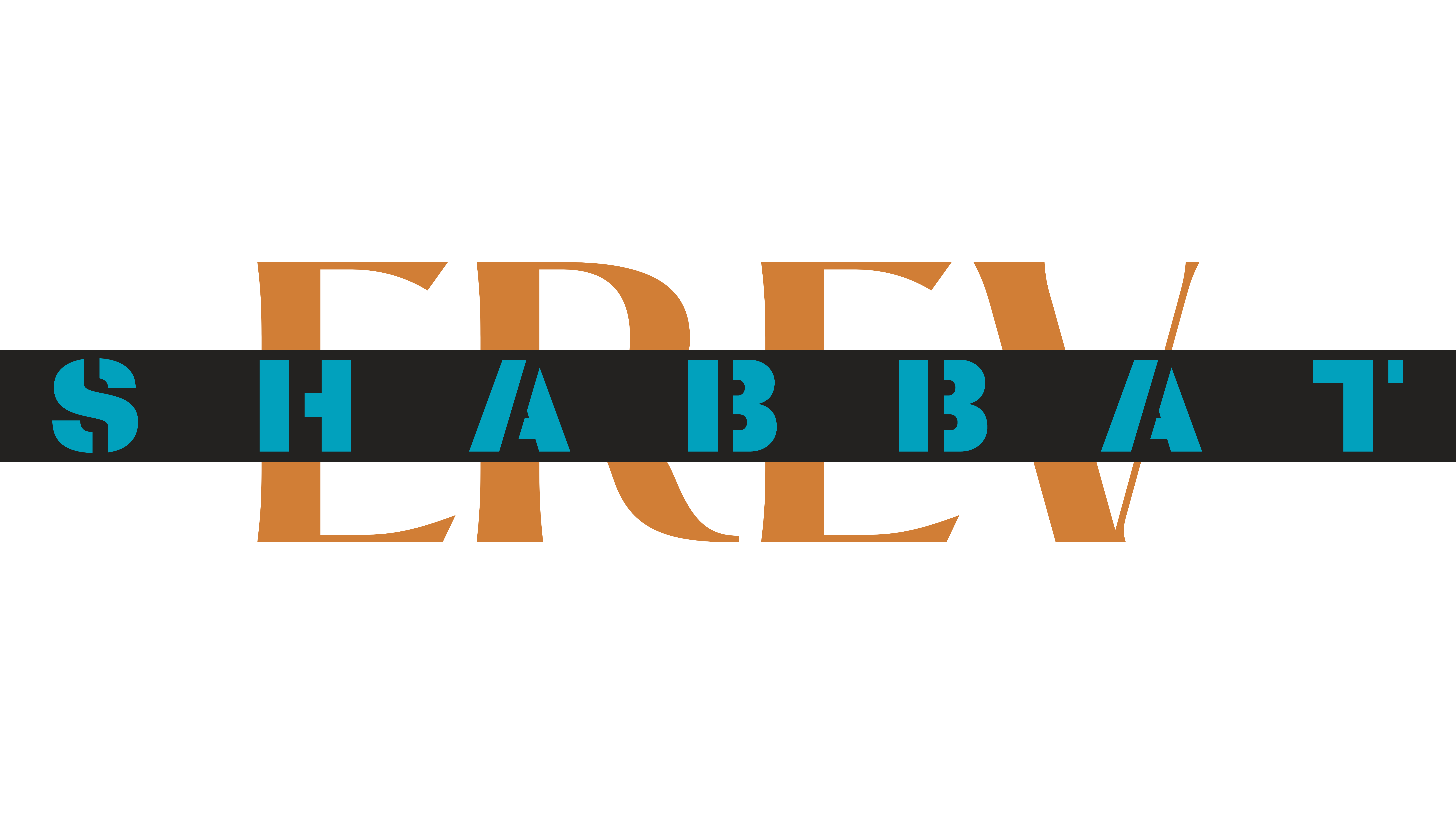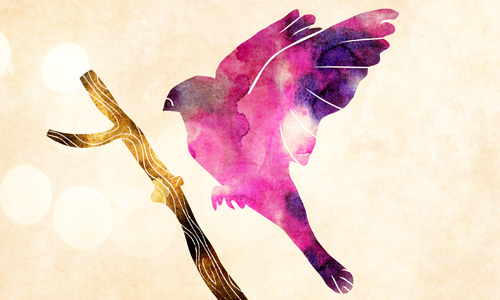Do not cook a young goat in its mother’s milk…
Exodus 23:19 and 34:26
According to Jewish tradition, this commandment forbids us to consume meat and milk at the same time. This law is truly the pillar on which the Shulhan Arukh (Table prepared) is based. This work, a major Judaic codex of laws, includes laws relating to the conduct that should be adopted in everyday life. Even less religious Jews strive to respect the misinterpreted sense of this law. They go as far as building two different kitchens in one house to ensure that meat and milk will never meet each other. If there is not enough room or money to have two, they alternatively exclude one or the other for a certain period of time from their unique kitchen. At the end of this period, they are disinfecting the entire kitchen and its battery to be certain that the elements do not mix with each other. This prohibition is observed to such an extent that a religious Jew avoids drinking coffee with milk hours after consuming meat, the time to be sure that the digestion is done and that they won’t mix in his stomach.
For centuries, this commandment has forced the entire Jewish community to waste an incredible amount of energy, time and money in order to respect an interpretation given to them by great “wise men”.
However, the primary reason for this prohibition is believed to be that it was a pagan custom to boil young male animals in their own mother’s milk as a kind of fertility-bringing act. YaHuWaH gave this law to the chosen people as a separation from this kind of pagan ceremonial system.
Yahuwah, however, has spoken this word for a very different reason. A major part of the parashat in which we find this commandment, relates to the attitude to adopt toward the poor. It is obvious that
animals do also have their rights and protections is granted to them as well.
Animals also love their kids. If one cooks a young animal in its own mother’s milk, this implies that the mother has survived its kid, having given the milk for cooking it. Although she did not necessarily attend the slaughter of her baby, she does still feel it missing or can even smell its blood. As animals do not have facial expressions and language that can be interpreted and understood by humans, we are not really able to distinguish the signs of pain on the face of animals. Thus, customs can easily develop, completely ignoring the animal’s feelings, because man might think that these beasts do not have any.
Moreover, if the animal suffers, it has an impact on the products it can provide us. Indeed, the state of mind triggers the production of hormones. Those linked to bitterness poison the meat, the milk and the whole organism, and end up passing by ours.
If the animal suffers, it reflects on us as a curse because we poison ourselves at the same time.
Furthermore, neglecting the respect and love due to animals opens a direct door to disrespect/dislike for humans.
For my part, I try not to drink coffee with milk after eating meat when I’m in Jewish circles. Not because I accept this interpretation of the law, or because I want to play the good Jew in a hypocritical way, but because I do not want to scandalize anyone. As the first disciples were commanded to consume the offering meat of the pagan temples in Acts, since the ministry of leading our neighbor to the Messiah prevails over the momentary observance of certain commandments, or in this case on the non respect of human decrees.
Therefore, let us never be fierce Pharisees or anti-Pharisees, for the same negative consequences may result from both behavior The same doors can be closed before the Jews today that could have been closed before the Greeks of that time, if Yahuwah had not intervened with the apostles in order to reason them. This door through which the King can enter the lives of others.
VIEW THE VIDEO VERSION OF THIS TEACHING

